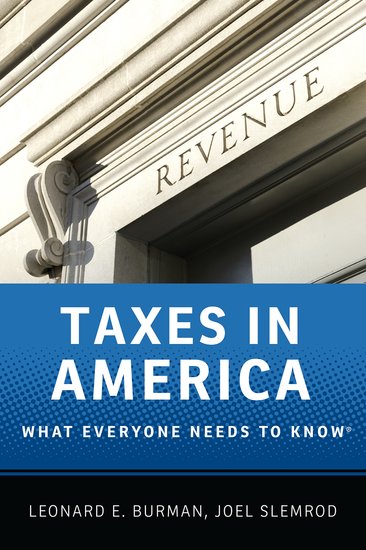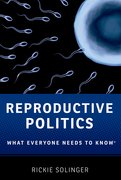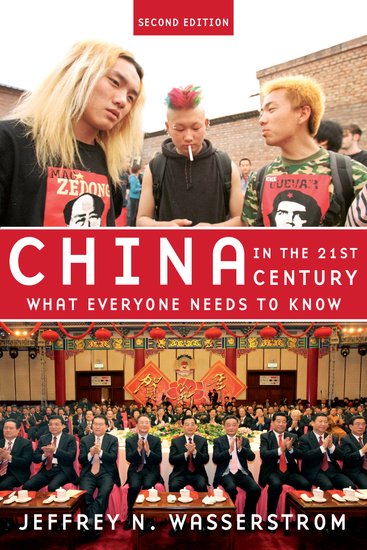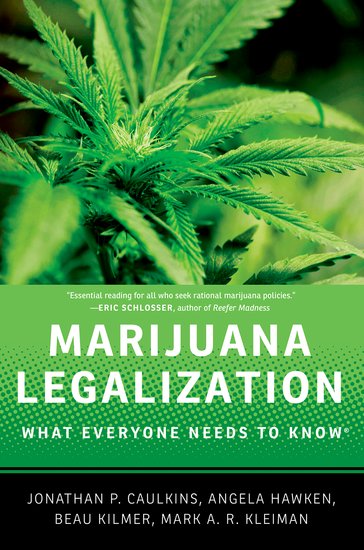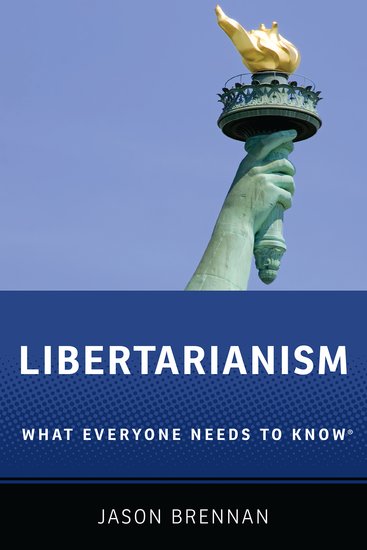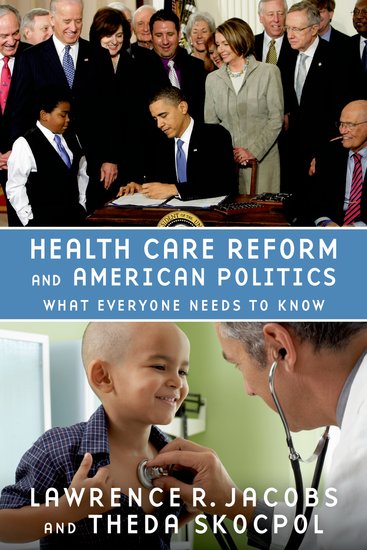Five things you should know about the Fed
This year marks the 100th anniversary of The Federal Reserve, which was created after President Woodrow Wilson signed the Federal Reserve Act on December 23, 1913. In this adapted excerpt from The Federal Reserve: What Everyone Needs to Know, Stephen H. Axilrod answers questions about The Federal Reserve’s historical origins, evolving responsibilities, and major challenges in a period of economic crisis.

